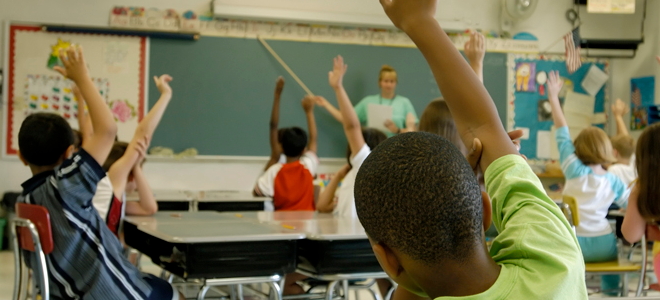Student mental health issues – we are sitting on a time-bomb
A recently conducted survey by the charity YoungMinds has revealed staggering results from a poll of 2,000 11 – 25 year olds.
YoungMinds aims to improve the mental health of young people and the poll results have revealed that more than 50% of secondary school students believe they will be branded as failures if they do not achieve good grades. The findings highlight the feeling among students that schools are more concerned with results than the students themselves.
This causes a huge amount of stress and only 1 in 5 students said they would talk to a teacher or counsellor if they were feeling the strain and a third said they would not talk to anyone at all.
YoungMinds director of campaigns and media, Lucie Russell, said “we are sitting on a mental health time-bomb due to the consistent pressures on students including bullying, sexual pressures and poor job prospects. The situation is made worse by the fact that young people feel they have no-where to turn.
A new campaign launched called YoungMinds Vs is set to tackle the problem head on and work towards a far greater awareness of the problem and to set solutions and support mechanisms in place for those in need. One of the main aspects is the inclusion of teaching on the subject brought into the school curriculum.
More than half of all secondary-school students believe that, unless they achieve good grades at school, they will be branded failures.
And almost as many believe that their schools care more about grades than they do about students themselves, according to a new survey of 2,000 young people.
The charity YoungMinds, which campaigns to improve the mental health of young people, polled 2,000 people between the ages of 11 and 25.
Asked who they would talk to if they were feeling stressed or worried, only one in five of the respondents said that they would approach a teacher or a school counsellor.
And a third of those surveyed said that they would not talk to anyone at all. For those teenagers between the ages of 15 and 17, this figure rose to two-fifths.
While 48.9 per cent of those surveyed felt that the grades they achieved – or failed to achieve – were more important to their schools than they were, many also believed that there was no-one for them to turn to with these concerns.
Lucie Russell, YoungMinds’ director of campaigns and media, said: “Young people experience a continuous onslaught of stress at school – bullying, sexual pressures and bleak employment prospects. When this becomes too much for them, they don’t know where to turn for help. We are sitting on a mental health time bomb.”
The charity is launching a new campaign, YoungMinds Vs, which aims to secure emotional support for teenagers. This campaign calls for discussion of emotional health to become an integral part of the school curriculum.
In particular, it wants schools to provide greater support, – including access to counselling services – for stressed or depressed teenagers. And it would like personal, social and health education lessons to be given increased prominence in the timetable, and to be taught by specialist teachers.
Mental-health support group Samaritans has echoed these recommendations. This week, the organisation said that it wants to see teachers talk to students about how to cope with stress, and how to go about seeking help for it.
“We would like to see more in the national curriculum around the issues to do with emotional health,” a spokesman said.
The YoungMinds survey revealed that half of its respondents had been bullied. And four out of 10 interviewees, including those as young as 11, were so worried about being thin that they had skipped meals.
Efforts to achieve an unrealistic body size were possibly fuelled by images viewed online. Half of those surveyed said that they had viewed internet pornography (including 10 per cent who said they had done so “by accident”).
A third of those surveyed added that viewing online porn had affected their relationships with other people their age.




